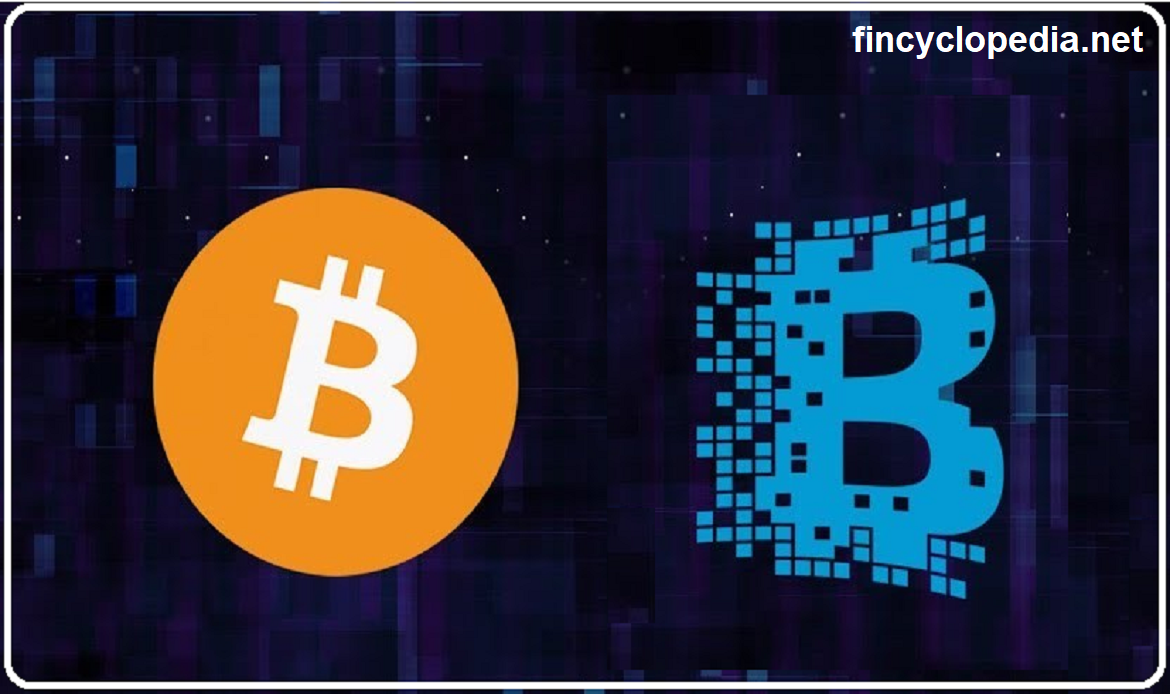A credit derivative is a negotiable contract between two parties (bilateral always) that allows them to manage their credit risk by using a derivative instrument to transfer the risk from one to another. In this kind of contracts, a “risk transfer” fee is paid by the party willing to mitigate the risk to the party accepting to bear it. And so, the price of credit derivatives, like that of similar derivatives (options and swaps), is driven by the credit risk one party is exposed to.
An unfunded credit derivative is a credit derivative in which the investor, i.e., the credit protection seller, doesn’t make an upfront payment to the credit protection buyer when the latter buys the protection instrument. In effect, the protection seller stands ready to make the credit insurance payment on termination of the agreement, that is, upon occurrence of a specified credit event.
The main types of unfunded credit derivatives include credit default swaps (CDSs), credit spread options, credit default swaptions, etc.




